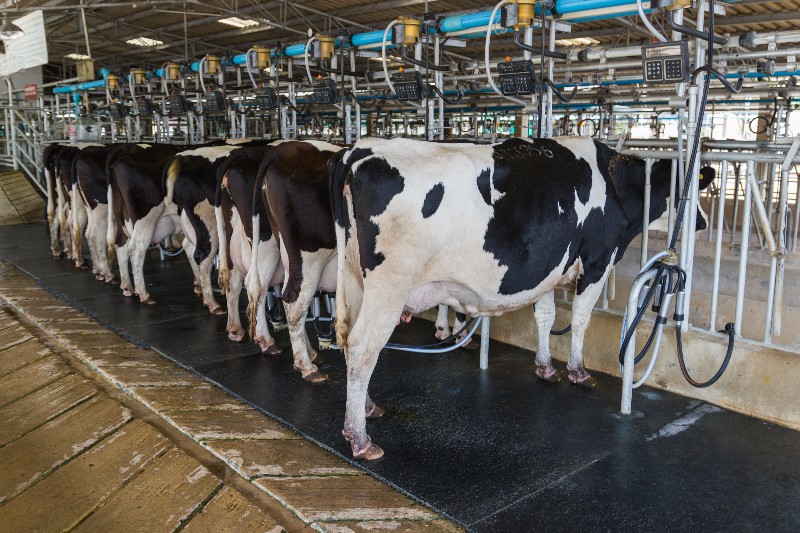Allan Bayat,Zhenjiang Liu,Sheng Luo,Christina D Fenger,Anne F Hojte,Bertrand Isidor,Benjamin Cogne,Austin Larson,Caterina Zanus,Faletra Flavio,Boris Keren,Luciana Musante,Isabelle Gourfinkel-An,Charles Perrine,Caroline Demily,Gaeton Lesca,Weiping Liao,Dejian Ren
Allan Bayat
Department of Regional Health Research, University of Southern Denmark, Odense, Denmark; Department of Epilepsy Genetics and Personalized Medicine, Danish Epilepsy Centre, Dianalund, Denmark; Department of Drug Design and Pharmacology, University of Copenhagen, Copenhagen, Denmark. Electronic address: abaya@filadelfia.dk.
Zhenjiang Liu
Department of Biology, University of Pennsylvania, Philadelphia, PA 19104, USA; National Engineering Laboratory for AIDS Vaccine, School of Life Sciences, Jilin University, Changchun, 130012, China.
Sheng Luo
Department of Neurology, Institute of Neuroscience, Key Laboratory of Neurogenetics and Channelopathies of Guangdong Province and the Ministry of Education of China, the Second Affiliated Hospital, Guangzhou Medical University, Guangzhou, China.
Christina D Fenger
Department of Epilepsy Genetics and Personalized Medicine, Danish Epilepsy Centre, Dianalund, Denmark; Amplexa Genetics A/S, Odense. Denmark.
Anne F Hojte
Department of Epilepsy Genetics and Personalized Medicine, Danish Epilepsy Centre, Dianalund, Denmark.
Bertrand Isidor
Department of Genetics, CHU Nantes, Nantes, France; University of Nantes, CNRS, INSERM, l’institut du thorax, Nantes, France.
Benjamin Cogne
Department of Genetics, CHU Nantes, Nantes, France; University of Nantes, CNRS, INSERM, l’institut du thorax, Nantes, France.
Austin Larson
University of Colorado School of Medicine and Children’s Hospital Colorado, Aurora, CO, United States.
Caterina Zanus
Institute for Maternal and Child Health, IRCCS “Burlo Garofalo”, Trieste, Italy.
Faletra Flavio
Institute for Maternal and Child Health, IRCCS “Burlo Garofalo”, Trieste, Italy.
Boris Keren
Department of Neurology, Epileptology Unit, Reference Center for Rare Epilepsies, Sorbonne University, La Pitié-Salpêtrière Hospital, AP-HP, Paris, France.
Luciana Musante
Institute for Maternal and Child Health, IRCCS “Burlo Garofalo”, Trieste, Italy.
Isabelle Gourfinkel-An
Department of Neurology, Epileptology Unit, Reference Center for Rare Epilepsies, Sorbonne University, La Pitié-Salpêtrière Hospital, AP-HP, Paris, France.
Charles Perrine
Department of Medical Genetics, Pitié-Salpêtrière Hospital, AP-HP, University of Sorbonne, Paris, France.
Caroline Demily
GénoPsy, Reference Center for Diagnosis and Management of Genetic Psychiatric Disorders, Vinatier Hospital Center and EDR-Psy Team (National Center for Scientific Research and Lyon 1 Claude Bernard University), Lyon, France; iMIND Excellence Center for Autism and Neurodevelopmental Disorders, Lyon, France.
Gaeton Lesca
Department of Medical Genetics, University Hospital of Lyon, Lyon, France.
Weiping Liao
Department of Neurology, Institute of Neuroscience, Key Laboratory of Neurogenetics and Channelopathies of Guangdong Province and the Ministry of Education of China, the Second Affiliated Hospital, Guangzhou Medical University, Guangzhou, China. Electronic address: wpliao@163.net.
Dejian Ren
Department of Biology, University of Pennsylvania, Philadelphia, PA 19104, USA.















